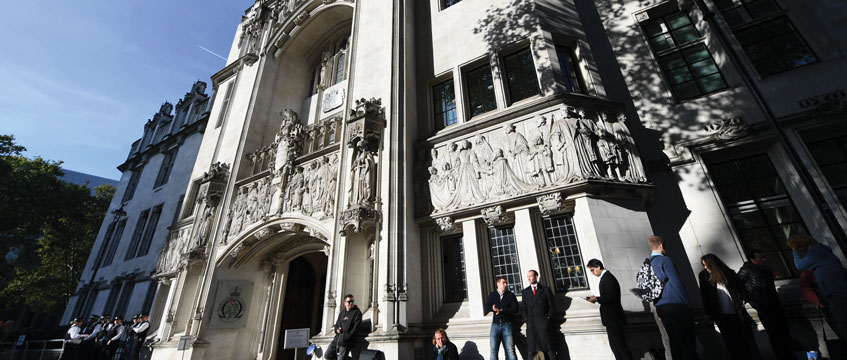A Supreme Court judge has urged local authorities to check how they acquired their public spaces after the court quashed planning permission for a development because of an error made by Shropshire Council.
The case, Day v Shropshire Council [2023] UKSC 8, concerns part of Shrewsbury’s Greenfields Recreation Ground, which Shrewsbury Town Council sold in 2017 to a developer for a housing project.
At the time of the sale, the council was not aware that it held the land as a so-called “statutory trust”, which meant that it had to abide by certain conditions before selling it.
Statutory trusts are governed by the Public Health Act 1875 and the Open Spaces Act 1906. Those Acts specified that certain spaces could not be sold unless the local authority advertised their plans for two weeks and listened to objections.
Because the planning authority, Shropshire Council, was not aware that the land, which had been purchased in 1926, had been designated as a statutory trust, it did not carry out the required advertising. It also did not consider the statutory trust status of the land when it granted a developer planning permission to build on the land.
According to the judgment, a local resident opposed to the development researched the history of the land, discovered it was held as a statutory trust and took legal action seeking to quash the planning permission.
According to the hearing, Shropshire Council argued that the trust was “extinguished” when the land was sold into private ownership.
However, giving judgment, Lady Rose disagreed and said that the planning authority’s error had created a difficult situation.
“If Shropshire Council is right and the trust did not survive, then the public will not have been given the chance to find out about and object to the sale of the land,” she said.
“On the other hand is the unfortunate purchaser who may have paid a price for the land reflecting its potential development value, but then finds that it has bought land to which the public continues to have a right of access.
“This whole problem arises because Shrewsbury Town Council did not do the research into their archives before selling the land to find out what powers had been used when the land was acquired about 100 years ago.
“It was [local resident] Dr Day, when he found out about the granted planning permission to develop the land, who then carried out that research, and he discovered that the land that had been sold in 2017 was subject to a statutory trust.
“Perhaps as a result of this judgment, other local authorities and parish councils will realise that they need to take stock of how they acquired and now hold the parks and gardens, public walks and open spaces that they own and make available to the public to enjoy, so that a similar problem does not arise again.
“That in the court’s judgement would be all to the good,” Lady Rose said in conclusion.
The court ruled that planning permission for the development on the land should be quashed.
R (on the application of Day) (appellant) v Shropshire Council (respondent)
Supreme Court (Lord Reed (president), Lord Kitchin, Lord Hamblen, Lord Stephens, Lady Rose) 1 March 2023








